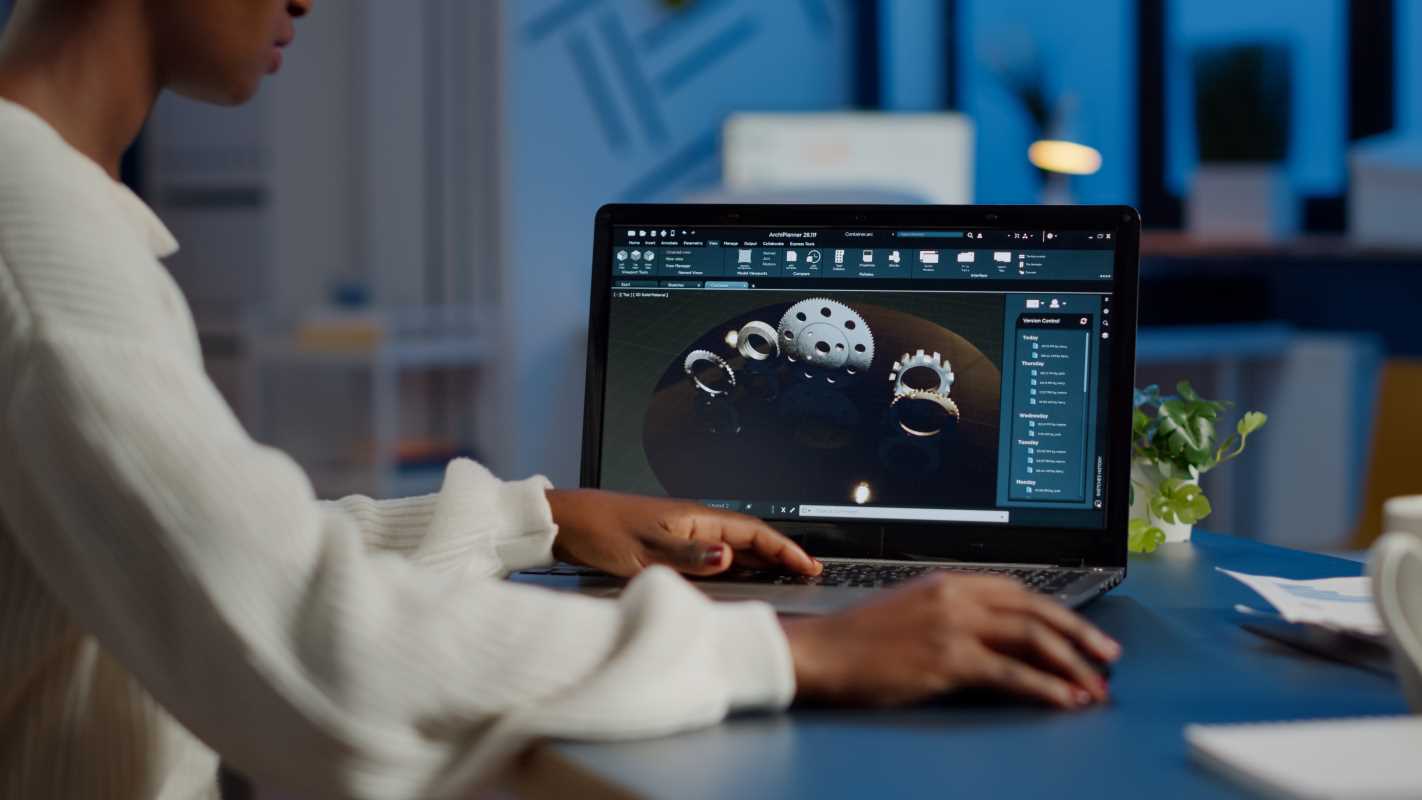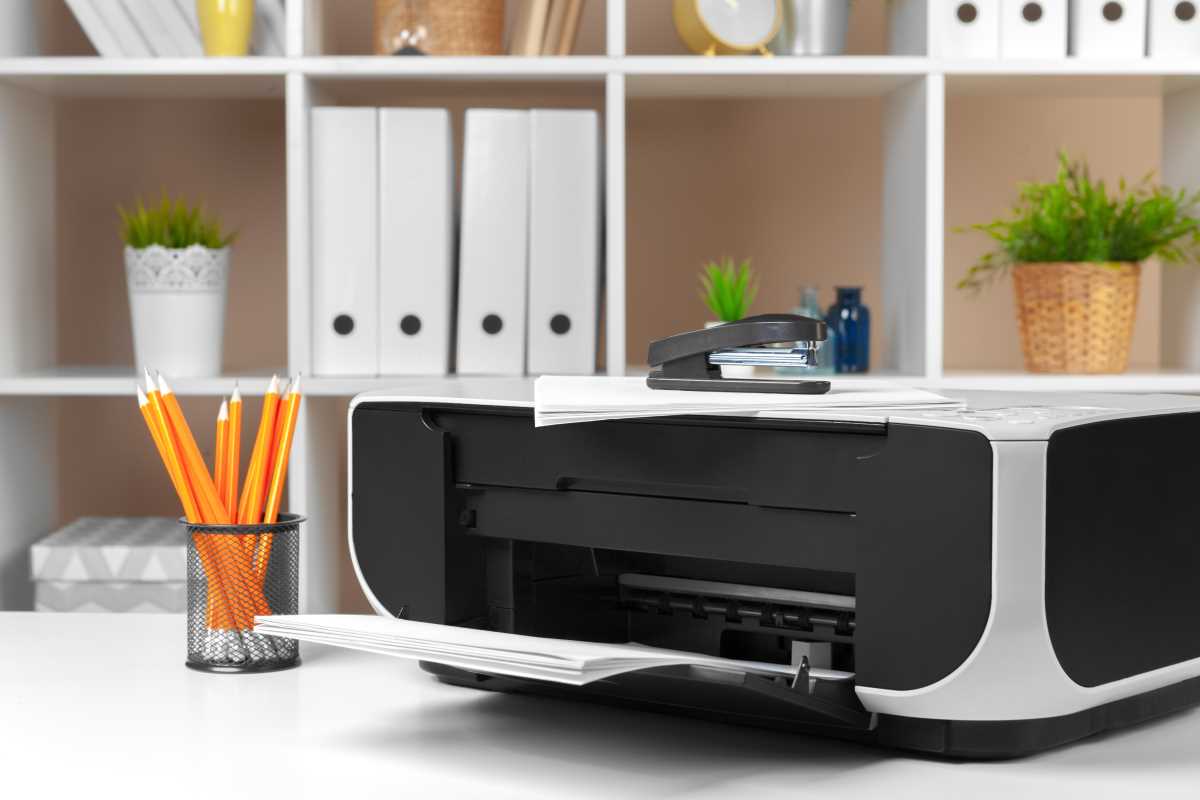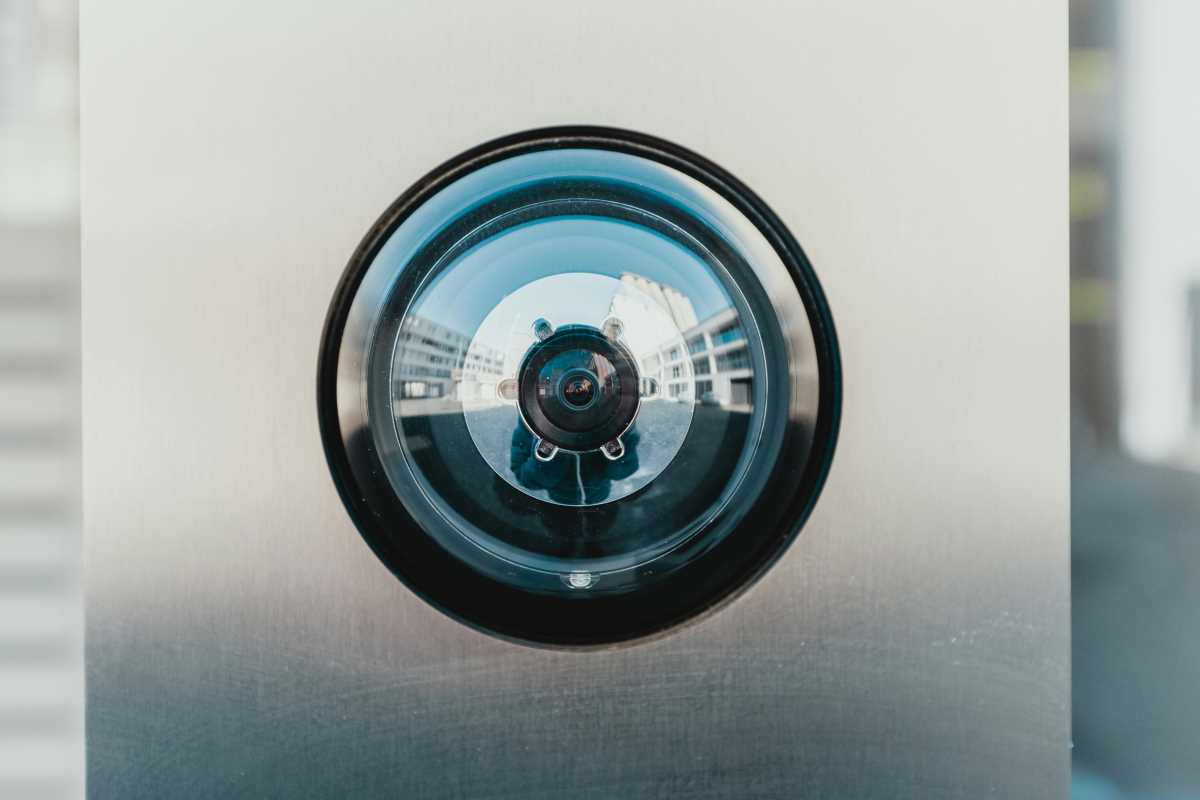Virtual Reality (VR) is no longer just for gaming enthusiasts. Today, VR technology is making waves in professional fields like architecture, design, education, healthcare, and more. Whether you're an architect visualizing a complex structure or a developer creating immersive environments, a high-performance laptop is essential for handling VR's demanding hardware and software requirements.
If you're a young professional searching for the perfect VR laptop in 2024, you’re in the right place. We’ve narrowed down the best options combining reliability, standout performance, and portability, so you can take your work (and play!) to the next level.
What Makes a Laptop VR-Ready?
Not all laptops can handle the demanding nature of VR. To ensure smooth performance, it’s essential to look for machines with the following specifications:
- High-Performance GPU: VR rendering depends heavily on graphics power. Look for NVIDIA GeForce RTX 30-series or AMD Radeon RX GPUs for best results.
- Fast Processors: A powerful CPU is crucial to support the heavy multitasking and rendering VR applications demand. Aim for at least an Intel Core i7 or AMD Ryzen 7.
- Ample RAM: 16GB is the minimum required for VR, but 32GB is preferred for seamless multitasking and higher efficiency.
- VR-Compatible Ports: Look for laptops with HDMI 2.1, DisplayPort, USB-C, or Thunderbolt support to connect VR headsets hassle-free.
- High Refresh Rate Displays: While not mandatory for connecting external VR headsets, laptops above 120Hz offer smoother visuals for on-screen tasks.
Keeping these requirements in mind, here are our top VR laptop recommendations for 2024.
1. Alienware x16 R2
Why It Stands Out
The Alienware x16 R2 is designed for users who want superior VR performance combined with striking aesthetics. Equipped with up to an NVIDIA GeForce RTX 4090 GPU, it delivers unmatched rendering for creative professionals and VR gamers alike.
Key Specs:
- GPU: NVIDIA GeForce RTX 4070/4080/4090
- CPU Options: Intel Core i9-13900HK
- RAM: Up to 32GB DDR5
- Storage: Up to 2TB SSD
- Display: 16" QHD+ (16:10), 240Hz
- Pros: Premium build quality, excellent cooling system
- Cons: Pricey, limited battery life
This beast of a machine is ideal for professionals who need uncompromised performance with future-proofing in mind.
2. Razer Blade 16
Why It Stands Out
Credited for its sleek design and incredible power, the Razer Blade 16 is popular among content creators and VR developers. Its dual-mode mini-LED display and NVIDIA 40-series GPUs offer unparalleled graphic clarity.
Key Specs:
- GPU Options: NVIDIA GeForce RTX 4070/4080/4090
- CPU Options: Intel Core i9-13950HX
- RAM: Up to 32GB DDR5
- Storage: Up to 4TB SSD
- Display: 16” UHD+ (120Hz) & FHD+ (240Hz) dual-mode display
- Pros: Stunning display, portable for its category
- Cons: Expensive
Its robust build, portability, and outstanding performance make it a no-compromise choice for professionals who need reliability.
3. ASUS ROG Zephyrus G16
Why It Stands Out
When performance meets affordability, you get the ASUS ROG Zephyrus G16. It’s packed with powerful components for VR but comes at a more budget-friendly price point compared to other high-end laptops.
Key Specs:
- GPU Options: NVIDIA GeForce RTX 4060/4070
- CPU Options: Intel Core i9-13900H
- RAM: Up to 16GB DDR5 (upgradeable)
- Storage: Up to 1TB SSD
- Display: 16" QHD+ (165Hz)
- Pros: Excellent value for money, lightweight design
- Cons: Limited upgrade potential
This laptop is ideal for young professionals starting their VR-focused careers without breaking the bank.
4. MSI Titan GT77 HX
Why It Stands Out
The MSI Titan GT77 HX suits professionals requiring high-end specifications for heavy workloads like VR development, 3D modeling, or artificial intelligence simulations. Featuring desktop-grade components, it can handle even the most demanding VR applications.
Key Specs:
- GPU Options: NVIDIA GeForce RTX 4080/4090
- CPU Options: Intel Core i9-13980HX
- RAM: Up to 128GB DDR5
- Storage: Up to 4TB SSD
- Display: 17.3” UHD (144Hz), Mini LED
- Pros: Extreme performance, 4K display
- Cons: Heavy and not very portable
This laptop sacrifices portability for top-tier specs, making it the ultimate workstation for professionals focused solely on performance.
5. HP Omen 16
Why It Stands Out
HP Omen 16 combines affordability and competent performance, making it an excellent choice for professionals testing the waters with VR or working on less hardware-intense VR applications.
Key Specs:
- GPU Options: NVIDIA GeForce RTX 4060/4070
- CPU Options: AMD Ryzen 7 6800H or Intel Core i7 variants
- RAM: Up to 32GB DDR5
- Storage: Up to 1TB SSD
- Display: 16.1" QHD (165Hz), anti-reflective screen
- Pros: Affordable, reliable thermals
- Cons: GPU options not as powerful for high-end VR
The HP Omen 16 strikes a great balance, offering reliable, VR-ready specs within a price point accessible to most entry-level professionals.
Which Laptop is Right for You?
Choosing the perfect VR laptop depends entirely on your needs, budget, and how advanced your VR work will be.
- For High-End Performance: Alienware x16 R2 and MSI Titan GT77 HX are excellent for professionals needing maximum power.
- For Portability: Razer Blade 16 is your best bet if you’re frequently on the go.
- For Budget Buyers: ASUS ROG Zephyrus G16 or HP Omen 16 provide reliable VR performance without breaking the bank.
The rise of VR in professional settings has opened up a world of endless opportunities. But to truly unlock the potential of immersive technology, you need a powerful laptop that can keep up. Whether you’re creating VR content or using it to enhance your workflows, the laptops listed above are designed to meet your professional needs.
Find the right laptop for you, and take your skills to the next level. Who knows, your next VR experience might just change the future!
 (Image source: Midjourney)
(Image source: Midjourney) 





